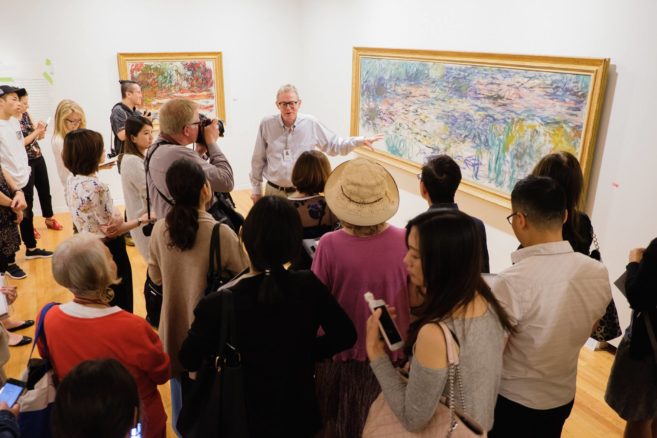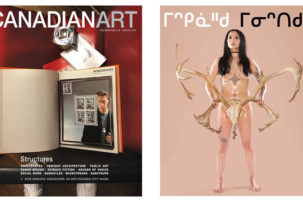Before you fill in your application, put together a portfolio and request letters of recommendation, ask yourself a few questions—consider them prerequisites—about grad school.
Am I ready?
“Most of the time,” says Raymonde April, chair of studio arts at Concordia University, “we assume, or we recommend, that you take a year off after undergraduate studies to secure your practice, travel, do residencies.” Working exclusively on your art for two or three years of graduate study, she adds, is a challenge. You need to be sure that you’re prepared to do it.
Where do I want to live?
Your lifestyle, and your budget, should factor into your decision. Can you be happy in this new city? How expensive is it to live there?
What kind of program do I want?
Some programs allow you to really focus on one medium, such as photography or painting, whereas others are more interdisciplinary in nature. Also, consider the size of the program. Will you be one of 20 or one of 200 students, and does that matter to you? Some departments are interdisciplinary, approaching art making from a broader perspective of visual or cultural studies.
What does the school offer?
Look at the list of faculty. A program may offer you the opportunity to study with an artist whose work you especially admire, for example. Make sure the person you want to work with isn’t going on sabbatical! The school may also offer facilities that are important to you, such as studio space, printmaking facilities, or access to expensive technical equipment. Depending on the program, there may be openings for fellowships and teaching assistantships. Either of these might be essential for your budget, and teaching experience may lead to opportunities that will support your art practice for years to come. Research assistantships are another possibility. The school may also be associated with a research institute, for instance, that would provide essential resources, equipment and community to you as you develop your practice.
If you’ve really thought about what you want in a grad school, you’ll only improve your chances of getting into the program you want. “You have to be focused on what you would like to do,” says April. “Make a three-year plan for what you would like to explore in your work. Have a good, clear work plan or statement of intent. Put together a strong selection of work that gives a direction to the work proposal. Express clearly your expectations from the institution. The jury is then able to see if that person will fit well in the program.”

 Tay Junior/Photodisc/Getty Images
Tay Junior/Photodisc/Getty Images







